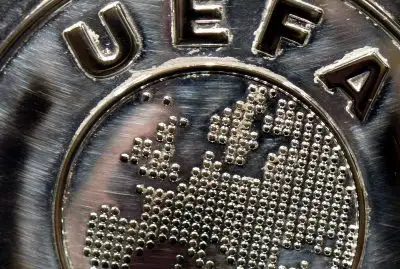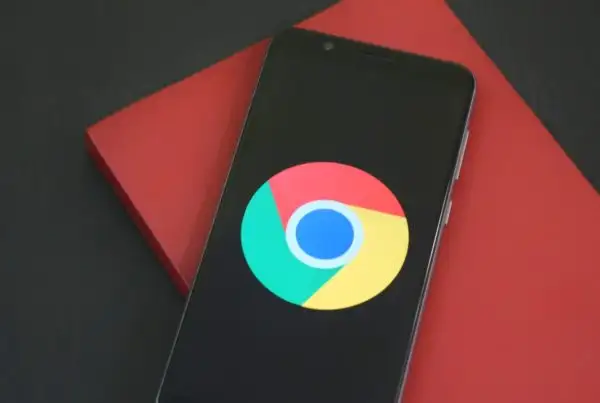Hot off the acquisition of security company, Postini, Google is rumoured not to be wasting any momentum. The next acquisition on the cards might be one of the three most popular social networking sites, Facebook.
Now that each of the three search giants have dug their claws firmly into the affiliate marketing pie, they seem to be eyeing social media as their next competitive playground.
Google already owns Orkut, which is a relatively successful social networking site in its own right. Yahoo! has reportedly been in talks with Rupert Murdoch, current owner of MySpace, to swap the leading social netwokring site for a 25% stake in Yahoo! And Microsoft already have a well established social network site called Windows Live Spaces, which ranks among the top ten social media sites in the UK.
If Google does go ahead and acquire Facebook, it could strain their relationship with MySpace, which currently accounts for 11% of Google’s search traffic, and hinder their upcoming deal on search and content ads.
Last year Facebook rejected a $1 billion acquisition offer from Yahoo! saying that they wanted to focus on growing internally. The site has grown tremendously in popularity since then. This will surely steer their value much higher, and Google might have to shell out a lot of cash for the acquisition.
Robert Young from Publishing 2.0 thinks that Google has already placed an offer on the table for Facebook. If this is true, then we should see a formal announcement about the acquisition very soon, as we’ve witnessed with other Google acquisition rumours in the past.
While the stream of acquisitions and continued high performance steer Google stocks higher, Yahoo! shares seem to be on the verge of a decline as the search giant struggles to keep up with the rest of the industry. Internet ad sales grew 36% last year, propelled by Google’s strong growth. Ad sales from Yahoo! though grew only 22%, and the growth rate might slow down even further as they miss out on deals with the big social networks, which are sources of high volume contextual advertising.









